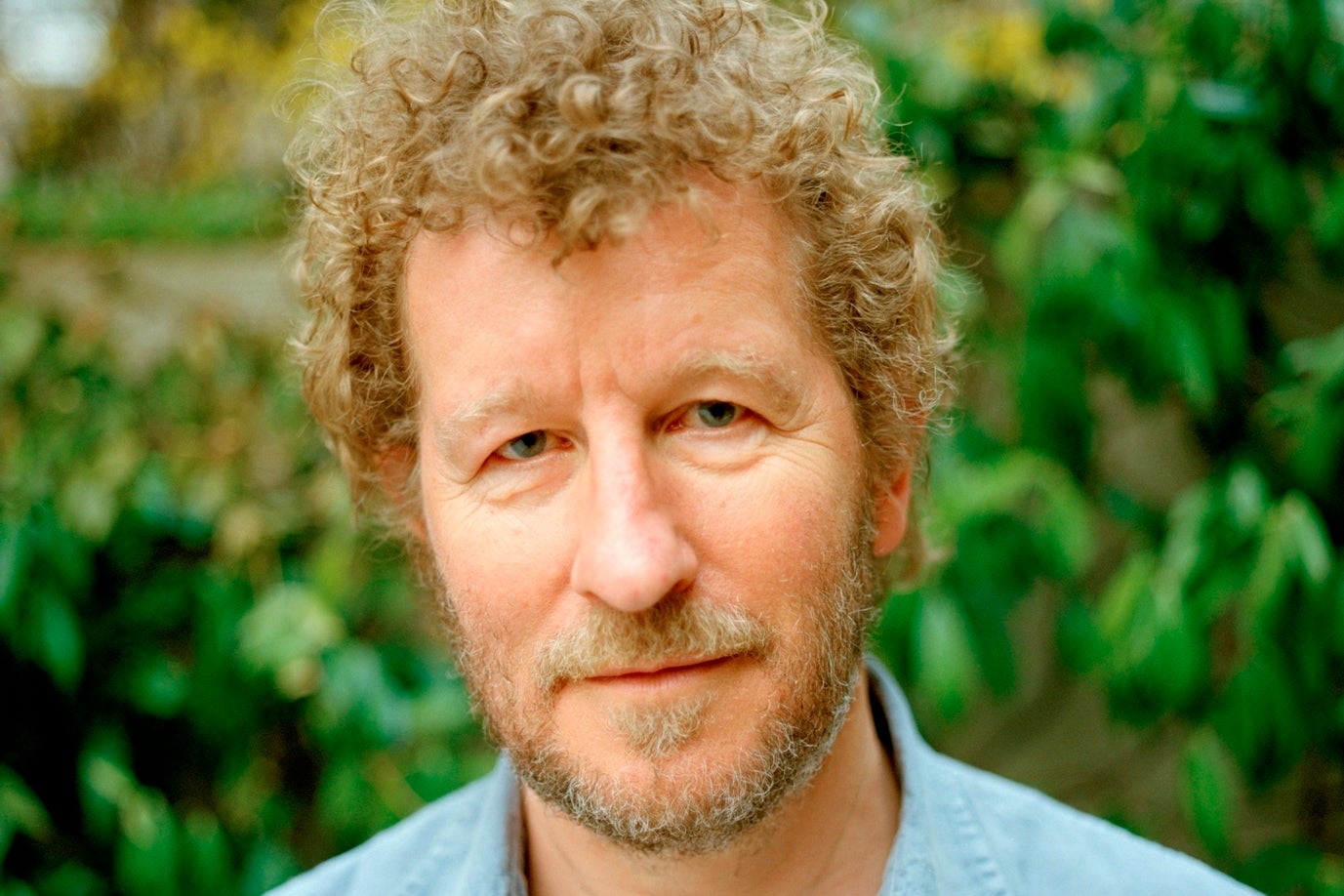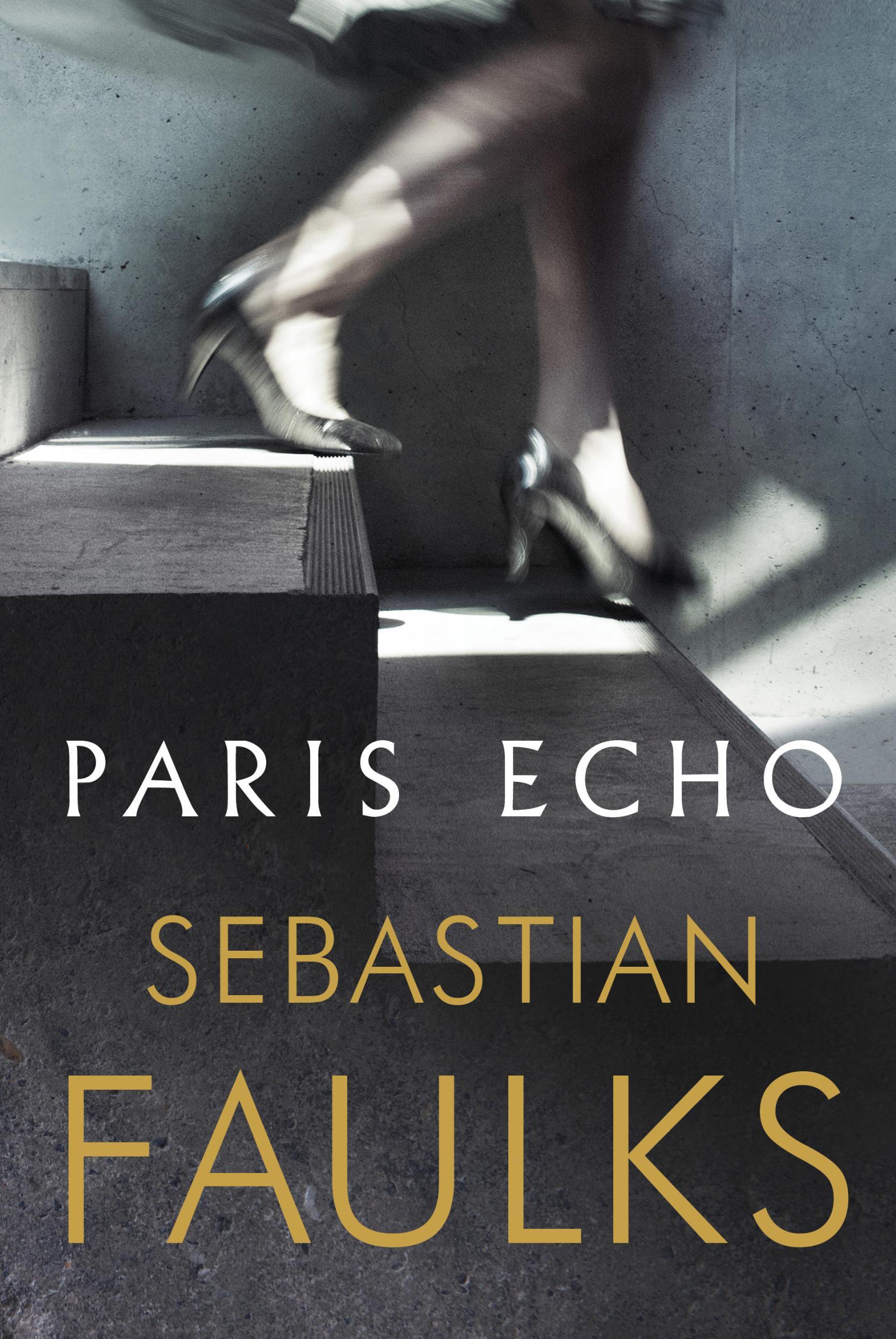Paris Echo by Sebastian Faulks, review: Legendary storytelling disappointingly swamped by its pursuit of ideas
The new novel by the 'Birdsong' author, about a Moroccan teenage runaway and a thirty-something American academic meeting in Paris, doesn't quite live up to its promise

Your support helps us to tell the story
From reproductive rights to climate change to Big Tech, The Independent is on the ground when the story is developing. Whether it's investigating the financials of Elon Musk's pro-Trump PAC or producing our latest documentary, 'The A Word', which shines a light on the American women fighting for reproductive rights, we know how important it is to parse out the facts from the messaging.
At such a critical moment in US history, we need reporters on the ground. Your donation allows us to keep sending journalists to speak to both sides of the story.
The Independent is trusted by Americans across the entire political spectrum. And unlike many other quality news outlets, we choose not to lock Americans out of our reporting and analysis with paywalls. We believe quality journalism should be available to everyone, paid for by those who can afford it.
Your support makes all the difference.Francophile Sebastian Faulks made his name with bestselling France-set period pieces. Birdsong transported readers back to the trenches of the First World War, while Charlotte Gray told the story of a British agent working with the Resistance in Vichy France during the Second World War. As such, it’s fitting that his new novel, although ostensibly set in the present, is thoroughly steeped in history.
Paris Echo is a novel about and composed of tangled threads. Faulks has two central protagonists: 19-year-old Tariq, a runaway from Morocco; and the 31-year-old American postdoc researcher, Hannah, whose box room Tariq ends up lodging in. Hannah is in Paris to examine the testimonies of women who lived through the German occupation. Tariq, meanwhile, has some vague idea of finding out more about his mother’s history. She died when he was 10, but was brought up in Paris, born to a French father and an Algerian mother. Though all the more pressing is losing his virginity.

As the narrative ricochets back and forth between them, so too the stories Hannah spends her days listening to – which Tariq sometimes helps her to translate – become part of the book’s narrative, while also slowly infiltrating the characters’ experiences of the contemporary city.
Faulks takes one of the novel’s three epigraphs from Baudelaire’s “Les Sept Vieillards” in Les Fleurs du Mal: “Teeming city, your streets filled with dreams/ Where daylight ghosts confront the passer-by!”
Traversing the city on the Metro, Tariq finds himself in a strange shadow land of such “daylight ghosts” – at certain stations he sees passengers littering the ground, their used tickets folded into the “V” for victory that so angered the Germans during the war; and he becomes obsessed with a beautiful seamstress who’s seemingly stepped out of the pages of one of Hannah’s research books. Described by Hannah as “temporal synaesthesia”, it’s an insightful way of breaching the boundaries of history, though not exactly original: Peter Ackroyd has long written about London in this way, as a city in which the past and the present intertwine.
Although the least credible, it’s actually one of the more effective elements of the text. Sadly, much of the book’s historical material – atrocities-turned-grievances now part of the city’s fabric: whether the Vel’ d’Hiv roundup, the mass arrest of Parisian Jews, carried out by the French police at the behest of the Nazis in 1942, temporarily confining them in the city’s velodrome, without food, water or effective sanitation, before conveying them to Auschwitz; or the Paris massacre of 1961, during which police threw pro-National Liberation Front demonstrators protesting the Algerian War to their deaths in the Seine – is dealt out in great chunks of dialogue as the characters seek to educate one another.
There are also issues with characterisation. Hannah in particular is all too cypher-like. Ultimately her role is to be rescued by a chivalrous Englishman whose “kindness”, “gentleness” and “goodwill” has her confessing to having been “a shallow, self-pitying little bitch”. It’s all rather sickening. Although this is an illuminating lesson in Paris’s history, Faulks’s legendary storytelling is disappointingly swamped by his pursuit of ideas.
Paris Echo by Sebastian Faulks is published by Hutchinson, £20
Join our commenting forum
Join thought-provoking conversations, follow other Independent readers and see their replies
Comments